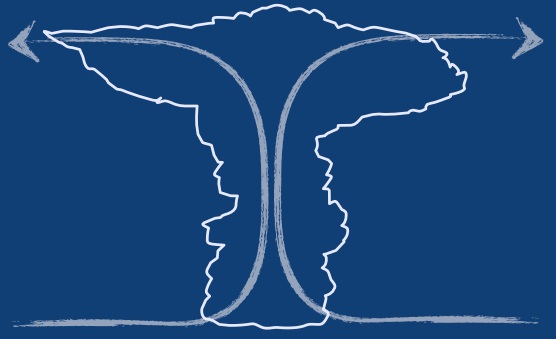Below are some courses being taught by the principal investigator of the group. Syllabi are available and other course materials can be made available upon request.
Current Courses
AOS 801: Advanced Tropical Meteorology (3 credits, Spring 2023) Advanced treatment of the fundamentals of tropical meteorology including moist thermodynamic processes, tropical deep convection, principles of quasi-equilibrium, the weak temperature gradient approximation, the mean tropical circulations, convectively coupled waves, and tropical cyclones.
AOS 630: Introduction to Atmospheric and Oceanic Physics (3 credits, Fall 2021) Graduate level core course covering thermodynamics theory of multiphase systems, thermodynamic analysis of atmosphere, microphysical processes in the atmosphere, atmospheric and oceanic chemical processes, conduction of heat and moisture into the atmosphere from ocean and land surface.
AOS 611: Geophysical Fluid Dynamics II (3 credits, Spring 2021, 2022) Quasi-geostrophic motion, potential vorticity equations, E-P fluxes, Rossby waves, boundary layer processes, wind- driven ocean circulation and western boundary currents, barotropic and baroclinic instability, tropical flows.
Courses taught in the past
CLIMATE 401 (EARTH 401). Geophysical Fluid Dynamics (3 credits, Fall '18 and '19, U. of Michigan)
Dynamics of the oceans and atmosphere. Equations of motion in spherical coordinates, scale analysis and the beta-plane approximation. Balances that arise from scaling: geostrophic, gradient and thermal wind balances. Introduction to the vorticity equation and it’s relevance to geophysical flow. Introduction to geophysical waves. Discussion of the quasi-geostrophic equations of motion and the dynamics of midlatitude flow. Introduction to the large-scale tropical circulation and the weak temperature-gradient approximation.
CLIMATE 411 (EARTH 411). Cloud and Precipitation Processes (3 credits, Winter '19 and '20, U. of Michigan) Review of the first law of thermodynamics and the vertical momentum equation of motion. Introduction the processes that lead to the formation of cloud droplets and hydrometeors. Discussion of the processes that induce the formation and growth of snow, graupel and hail. Discussion of mesoscale cloud processes: stable cloud topped layers, cumulus clouds, and deep convection.


